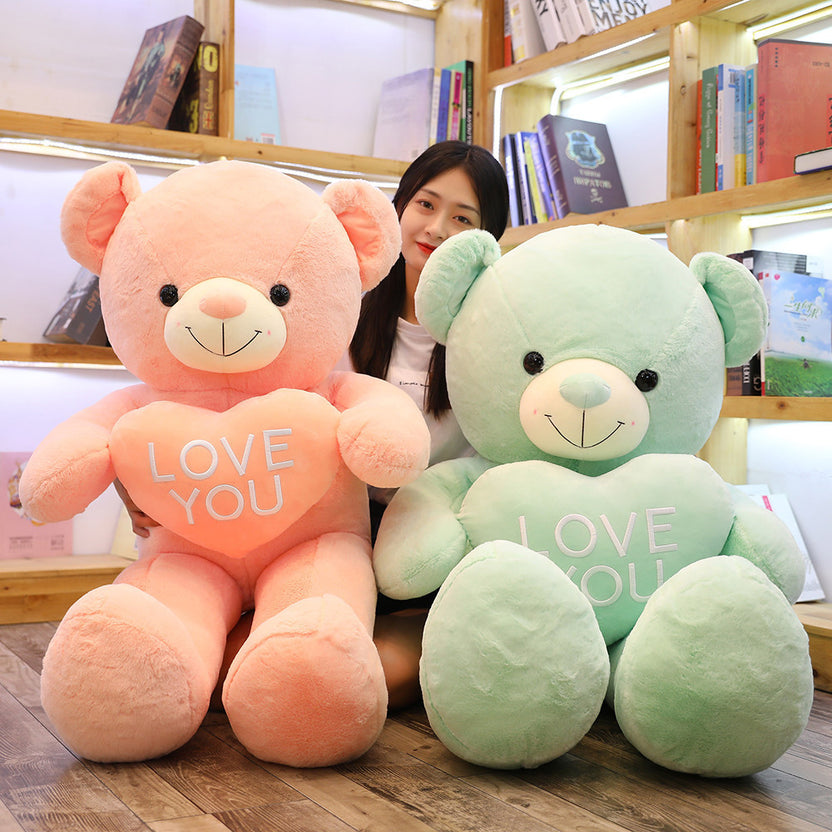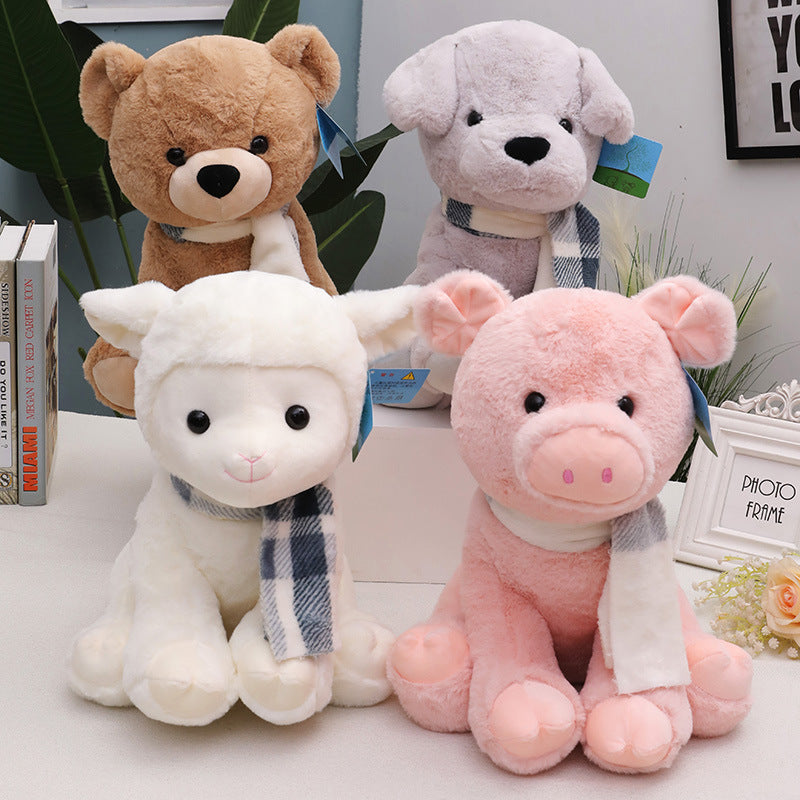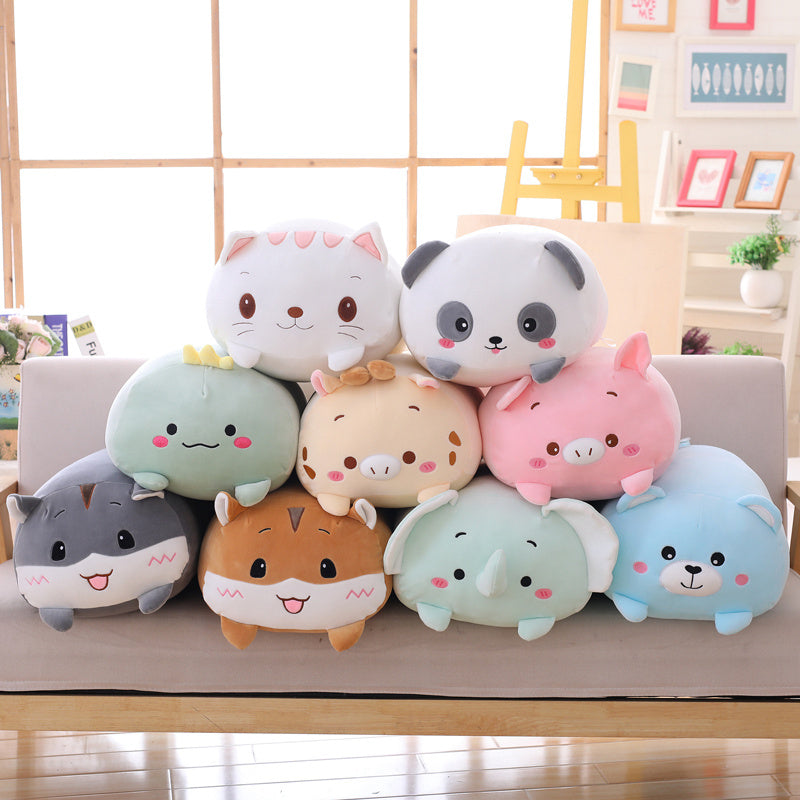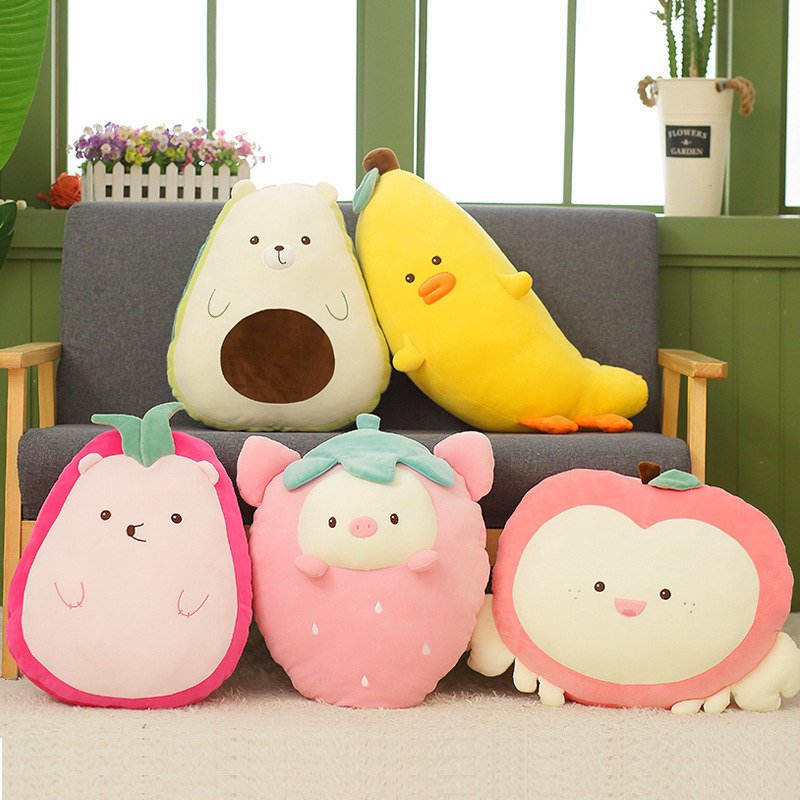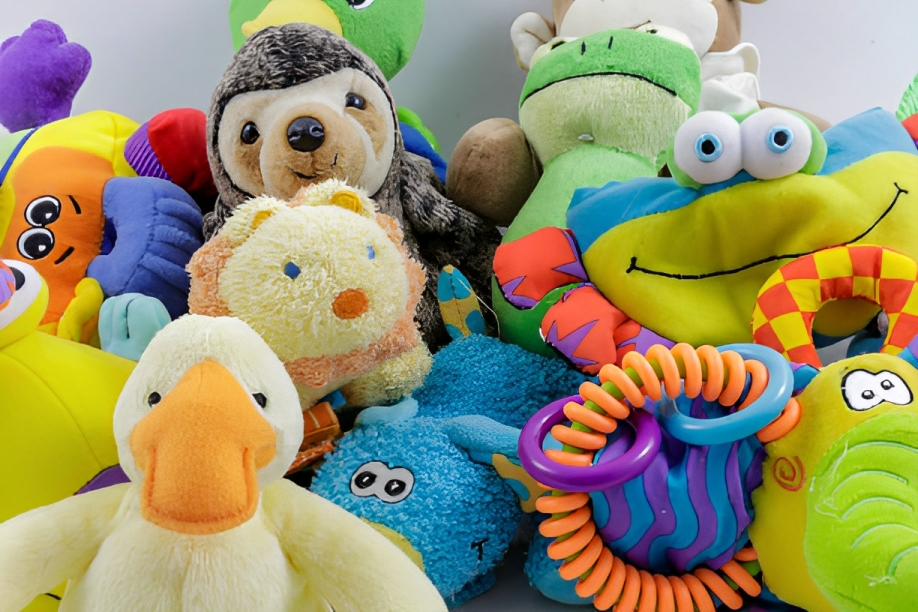

· By The Wakaii Team
The Emotional Benefits Of Plushies
Welcome to a world where softness reigns supreme and cuddles are the currency.
We're talking about plushies, those adorable stuffed animals that have a special place in our hearts—and our beds.
But have you ever wondered why? Why do these soft toys have such a profound impact on our emotional well-being?
Stick around as we unravel the psychology behind our love for plushies.
The Emotional Impact of Plushies
1. How Plushies Evoke Positive Emotions
Let's face it, the moment you hug a plushie, something magical happens.
Your mood lifts, your heart feels lighter, and you're enveloped in a cloud of happiness.
This isn't just your imagination; it's backed by science.
Studies have shown that hugging releases oxytocin, often referred to as the "love hormone," which helps reduce stress and induce a sense of well-being.
Fun Fact: Oxytocin is the same hormone that strengthens the bond between a mother and her newborn.
Understanding the emotional impact of plushies can be even more fascinating when you consider the history of plushies.

2. The Role of Plushies in Emotional Regulation
Ever had a bad day and found solace in hugging your plushie? You're not alone.
Plushies serve as emotional regulators, helping us navigate the choppy waters of our feelings.
They offer a non-judgmental comfort that's hard to find elsewhere.
In a world that's increasingly chaotic, a plushie serves as a stable emotional anchor.
3. Emotional Intelligence and Plushies
Believe it or not, plushies can also contribute to developing emotional intelligence.
Kids often use them to practice empathy and understanding, treating their stuffed animals as friends with feelings.
But who's to say adults can't do the same?
After all, understanding emotions is a lifelong journey, and our plushie pals make excellent travel companions.
Transitional Objects: Beyond Childhood
1. What are Transitional Objects?
In psychological terms, a transitional object helps a child transition from dependence to independence.
For children, plushies often serve as transitional objects that help them navigate emotional challenges, which is why choosing the perfect plushie for a baby is crucial.
But let's spill the tea: these objects aren't just for kids. Many adults still hold onto their first plushies, and for good reason.

2. The Lifelong Role of Transitional Objects
So, you've grown up, but that plushie from your childhood is still sitting on your bed or tucked away in a special place.
That's because transitional objects often evolve with us.
As adults, they can serve as a touchstone for emotional well-being, a reminder of simpler times, or even a symbol of personal growth.
Did You Know?: The concept of transitional objects was first introduced by psychoanalyst Donald Winnicott in 1951.
3. Why Adults Still Need Transitional Objects
The emotional attachment to plushies isn't just a childhood phase.
Many adults find comfort and emotional support in these cuddly companions.
Whether it's stress from work, the complexities of relationships, or the general ups and downs of adult life, a plushie offers a momentary escape.
It's like a mini-vacation for your soul, no travel required.
To delve deeper into this, explore how adults' relationship with plushies evolves over time.
The Therapeutic Power of Plushies
1. Plushies in Professional Therapy Settings
You might be surprised to learn that plushies are often used in professional therapy settings.
Therapists sometimes use them as tools for patients to externalize their feelings or to comfort children who have experienced trauma.
They're not just toys; they're therapeutic aids.

2. The Role of Plushies in Mental Health
Anxiety, depression, loneliness—these are heavy terms that unfortunately are part of the human experience. But guess what? Plushies can help.
While they're not a substitute for professional medical advice, they do offer a form of comfort that can be therapeutic in its own right.
For example, plushies are remarkably beneficial for kids, aiding in their emotional and psychological development.
Learn more about how plushies benefit kids.
3. Plushies and Sensory Processing
For individuals with sensory processing issues, plushies can be more than just emotionally comforting; they can also provide necessary sensory input.
The soft texture, the weight, and even the size can all contribute to a sensory experience that can be calming and grounding.
The Social Dynamics of Plushie Ownership
1. Plushies as Social Connectors
Ever noticed how plushies can be conversation starters?
For many, especially young girls, plushies like teddy bears serve as a social connector and a symbol of friendship.
Understand why girls love teddy bears so much.

2. The Stigma Around Adult Plushie Ownership
While plushies are often considered 'girly,' you'd be surprised how many men appreciate them as gifts. If you're curious, find out if guys like plushie gifts.
Some see it as immature or a sign of emotional instability, but we're here to bust that myth.
Owning a plushie as an adult is not only normal but also psychologically beneficial.
The Future of Plushies
1. The Evolution of Plushie Technology
Believe it or not, plushies are getting smarter.
With advancements in technology, we're seeing plushies that can sing, talk, and even interact with their owners.
These aren't just stuffed animals; they're becoming companions equipped with emotional intelligence.

2. Sustainability and Plushies
As we become more conscious of our environmental impact, the plushie industry is evolving too.
From using sustainable materials to ethical manufacturing processes, the future of plushies is not just soft but also green.
Conclusion
So there you have it, a deep dive into the world of plushies that goes beyond the fluff and stitching.
We'd love to hear your thoughts on this. Have a story about your favorite plushie? Or maybe you've used a plushie in a therapeutic setting? We're all ears.
If this article has you yearning for a new cuddly companion, you're in luck. Check out our kawaii plushies collection; we've got everything from kawaii dog plushies to cute bunny plushies.
And hey, if you've enjoyed this read, why not make it a regular thing? Subscribe to our newsletter and get 15% off your next plushie purchase. Trust us; your inbox will thank you.
And that's a wrap! Thank you for journeying with us into the soft, comforting, and surprisingly complex world of plushies.
FAQs
Yes, plushies can serve as a form of emotional support and may help reduce anxiety. They offer comfort and can be a grounding tool during stressful moments.
Many people find that cuddling a plushie helps them relax and fall asleep more easily. The soft texture and comforting presence can contribute to better sleep quality.

